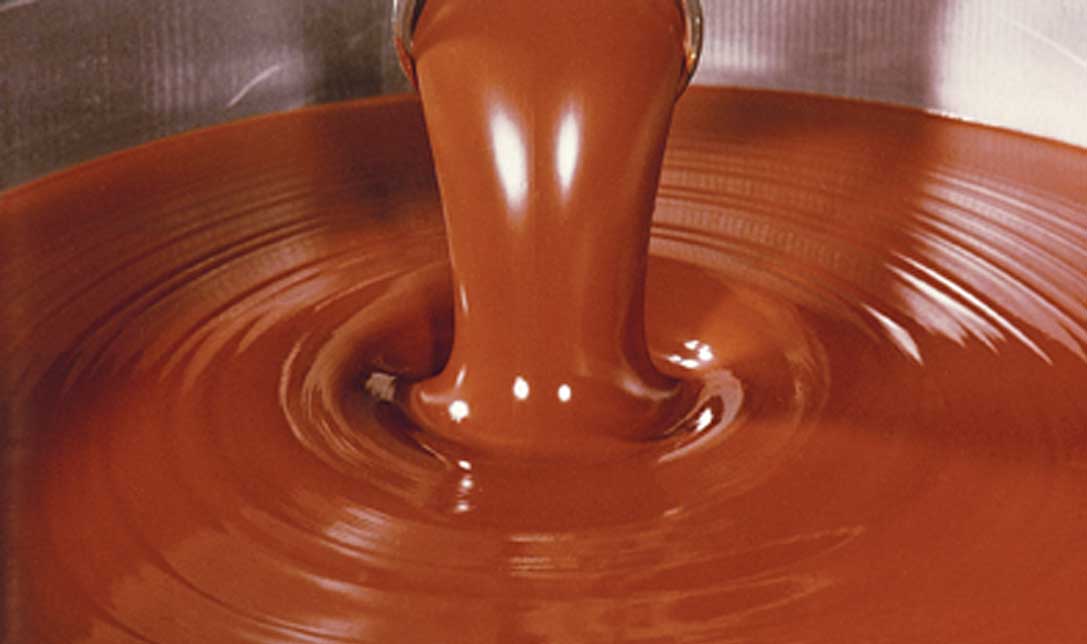How To Export Cocoa Paste From Nigeria: How to Get Started in the Cocoa Trade
How To Export Cocoa Paste From Nigeria: How to Get Started in the Cocoa Trade
The opportunities in the cocoa export industry are enormous. With demand skyrocketing for cocoa, sourcing the best-quality cocoa beans has never been more important. And with prices continuing to climb, it’s time to start thinking about how you can break into the trade.
Nigeria is one of Africa’s largest producers of cocoa beans, so there are plenty of opportunities to get started. If you haven’t before, here’s how to export cocoa paste from Nigeria.
Introduce the cocoa trade industry
Cocoa is a commodity with an increasingly high demand. The price of cocoa has nearly tripled in the past five years. As a result, more people are looking for ways to get in on the cocoa trade.
Nigeria is one of the top cocoa producers in the world, so there are plenty of opportunities to get started in the cocoa export industry. There are three major steps for anyone looking to become a cocoa trader: sourcing quality cocoa beans, processing them, and then marketing them.
Understanding how each of these steps work will help you get started in this lucrative industry.
Below, we’ll go over the three steps you’ll need to take to get started with exporting cocoa paste from Nigeria.
1. Sourcing quality cocoa beans
You’ll want to look for the best-quality beans on the market. Cocoa beans that are of low quality will not fetch high prices after processing, so it’s important that you source high-quality beans.
2. Processing the cocoa beans
Once you’ve found quality beans, you’ll need to process them according to specific rules. These rules vary depending on where you’re exporting your product, but Nigeria has some general guidelines you’ll need to follow.
3. Marketing your cocoa
Why is this industry so lucrative?
The cocoa export industry is lucrative for a number of reasons. For one, demand for cocoa is at an all-time high. In fact, demand for cocoa has increased by more than 4% over the last two years.
Additionally, cocoa prices have been steadily climbing. As of 2016, cocoa prices were at an all-time high, and this trend is expected to continue. This is because of a combination of factors: Poor quality beans and a bad crop in Ivory Coast and Ghana.
Cocoa beans are also a finite resource: There’s only so many beans to go around and production can’t be increased to meet demand. As such, cocoa beans are in high demand and that means that prices will keep going up.
Finally, chocolate sales are expected to keep increasing. In fact, by 2020, chocolate sales are expected to exceed $100 billion dollars. Chocolate sales will only continue to grow as emerging economies increase their wealth and people in these countries start to buy more high-end products.
If you want to get involved in the cocoa export industry, the opportunities are growing every day.
Where can you get started?
Nigeria is one of the world’s leading cocoa producers, exporting cocoa beans to countries like France, Belgium and the United States. And with demand for cocoa on the rise, Nigeria is in a prime position to continue to grow in the industry.
If you’re considering getting into cocoa trade, Nigeria is one of the best places to start.
There are two main ways to import cocoa beans: through the Nigerian Cocoa Marketing Board (NCMB) or through private traders.
The NCMB is a government-run organization that handles all aspects of cocoa trade in Nigeria. This is the safest way to start if you’re new to cocoa exporting, but it is also the most expensive option for buyers.
Private traders, on the other hand, offer lower prices and quicker delivery times than the NCMB. You’ll need to verify that you’re dealing with a reputable trader before you start trading, but it’s an option worth considering if you’re looking for a more affordable route.
What should you keep in mind before exporting cocoa paste from Nigeria?
Pricing
One of the key aspects of any cocoa transaction is pricing. In Nigeria, the cocoa beans are priced by weight. The retail price of cocoa paste on the open market is about $2.50 per pound, with prices being higher for more desired beans. However, it’s important to factor in the price of export. For example, shipping a container from Nigeria to Europe would cost about $250,000.
The price of a shipment will also depend on the quality of the cocoa beans. Cocoa beans are rated based on a scale, with CCC being the lowest and A being the highest.
Before exporting your cocoa paste from Nigeria, be sure you understand the pricing of your product and how it will be shipped.
Conclusion
You can get started with cocoa beans in Nigeria by buying cocoa beans from farmers, processing them into cocoa paste, and then exporting them to cocoa producers. It’s a complex process, but there are plenty of benefits to the cocoa trade.
For starters, cocoa bean prices are on the rise—including in Nigeria. And demand for cocoa is high, so it’s a great time to get started in the cocoa export industry. There’s also stability in the Nigerian cocoa trade: You don’t need to worry about the unpredictable nature of the international market.
If you’re looking to get started with cocoa paste in Nigeria, you’re going to need to find a reliable supplier of cocoa beans that meets your standards for quality and quantity. You can then process these beans into cocoa paste and export them to cocoa producers.
The cocoa trade may be complex, but it’s one of the most stable industries in Nigeria. If you’re looking to export cocoa paste from Nigeria, there are plenty of opportunities available to you!








LEAVE A COMMENT
You must be logged in to post a comment.